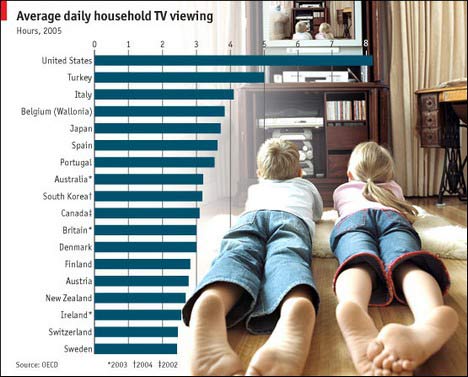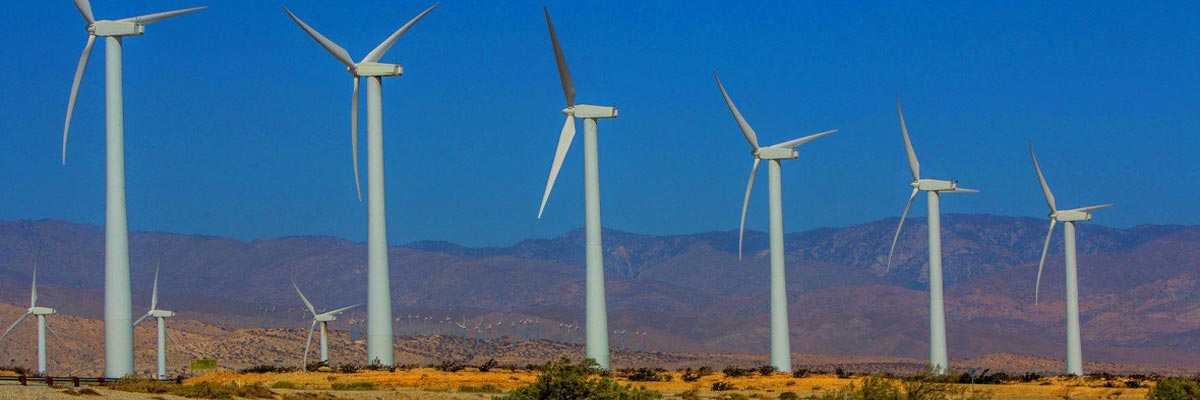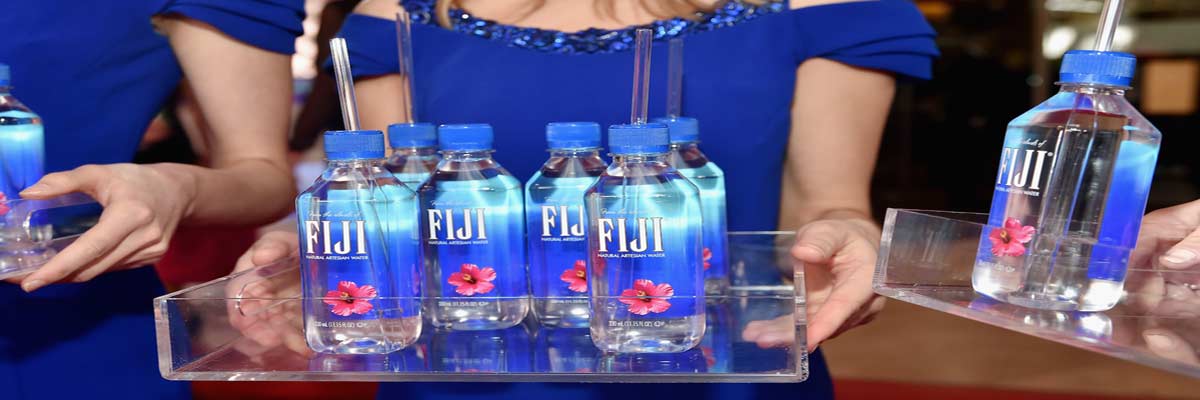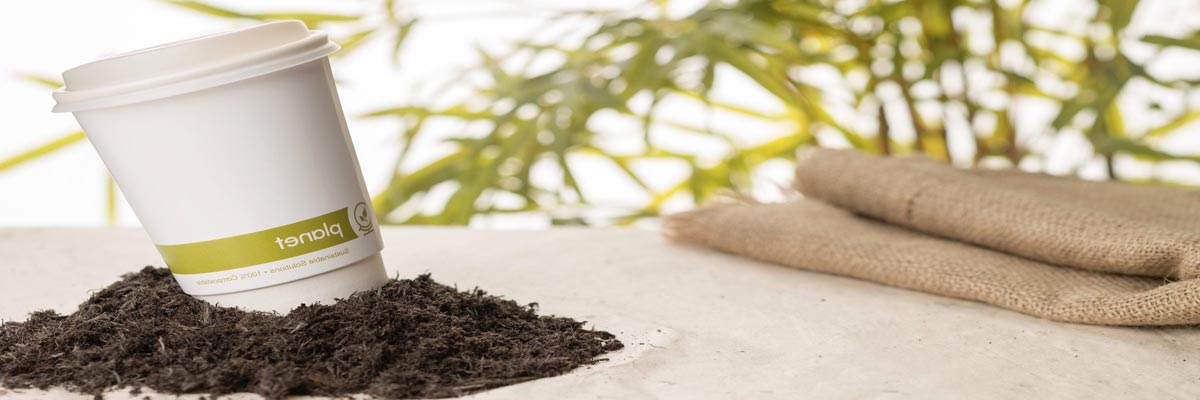Piping in your world

American’s average 8 hours a day of TV time per household. A DAY!!
Folks, it’s time to get outside. Turn it off and go for a walk. Play with the dog. Play with the kids. Start a garden. Have a catch. Whatever, just go enjoy your world.
I don’t think when you are 80 and looking back on your life you’ll wish you had spent more time watching TV.
New Study Says Wind A Cheaper, Efficient Alternative To Nuclear
A report commissioned in the Netherlands and leaked to a Dutch newspaper confirms that wind power will quickly replace nuclear energy as the fossil fuel alternative of choice. The researchers concluded that not only will technological advances in the coming years make wind financially competitive but also security costs tied to nuclear energy will further add to the value. From the article,
“According to the report by the Energy Research Centre (ECN), the cost price of electricity production – around 6.6 euro-cents per kilowatt hour – is already comparable.
However nuclear power is more expensive if the additional costs of security against terrorist attacks is taken into account. Meanwhile technological advancement will make wind power increasingly cheaper in the coming years.
Eco-Libris: Offset Your Book With A Tree
Offsets are all the rage currently, but trying to figure out exactly where your cash is going can be a difficult exercise. Something I consistently stress is that offsets should be a last-resort solution — with tangible green acts coming first that show immediate benefits. With the launch of Eco-Libris, however, I’m excited to see a direct relationship between the act of offsetting and the planting of trees in developed countries. Additionally, the site has teamed up with some incredible reputable organizations like Sustainable Harvest International, RIPPLE Africa, The Alliance for International Reforestation.
How does it work? From the site,
“About 20 Million trees are cut down annually for virgin paper used for the production of books sold in the U.S. alone. That’s definitely a problem – trees are one of the most valuable natural resources we have. They literally form the foundations of many natural systems and provide us with numerous benefits (carbon dioxide absorption, soil and water conservation, avalanche control, desertification prevention to name a few).
Don’t Buy Water From Fiji
If you’re looking for another way to lessen your impact on the environment might I recommend not buying bottled water; especially bottled water from Fiji.
From Boing Boing
The label on a bottle of Fiji Water says “from the islands of Fiji.” Journey to the source of that water, and you realize just how extraordinary that promise is. From New York, for instance, it is an 18-hour plane ride west and south (via Los Angeles) almost to Australia, and then a four-hour drive along Fiji’s two-lane King’s Highway.
I’ve got to say this one goes in the common sense category. First of all think about how much pollution a trip like that takes. Secondly, who pays $3.00 for a liter and a half of drinking water? Lastly how many Americans don’t have running water and drinking glasses in their homes and offices? Don’t like the taste or purity of what’s coming out of your tap?Buy a filter. Don’t be a sucker and fall for yet another of corporate America’s clever pieces of propaganda.
Attention Coffee Shops: The Biodegradable Hot Beverage Cup Is Here
No more excuses. No more waiting. No more waste. For the longest time, coffee shops across America have sidestepped the “recycle your cup” issue because there have been no eco-friendly alternatives. In conventional hot water cups, the inner surface is lined with a petroleum-based plastic (polyethylene) to prevent leaking. This process alone prevents the cups from being recycled or composted. Here’s an interesting little fact,
“In 2005, Americans used and discarded 14.4 billion disposable paper cups for hot beverages. If put end-to-end, those cups would circle the earth 55 times. Based on anticipated growth of specialty coffees, that number will grow to 23 billion by 2010—enough to circle the globe 88 times. Based on hot cup usage in 2005, the petrochemicals used in the manufacture of those cups could have heated 8,300 homes for one year.” Damn.
So, for the longest time, we’ve been waiting for someone to solve this egregious situation. Thankfully, the answer has come from International Paper and Green Mountain Coffee. Their 100% biodegradable hot beverage cup has just won the Specialty Coffee Association of America’s 2007 Sustainability Award. The “Ecotainer™ cup” has a liner made from corn instead of petrochemicals. In a blind trial test of more than 5 million cups, not one customer noticed anything “different” about the corn-based cups from the regular variety.










